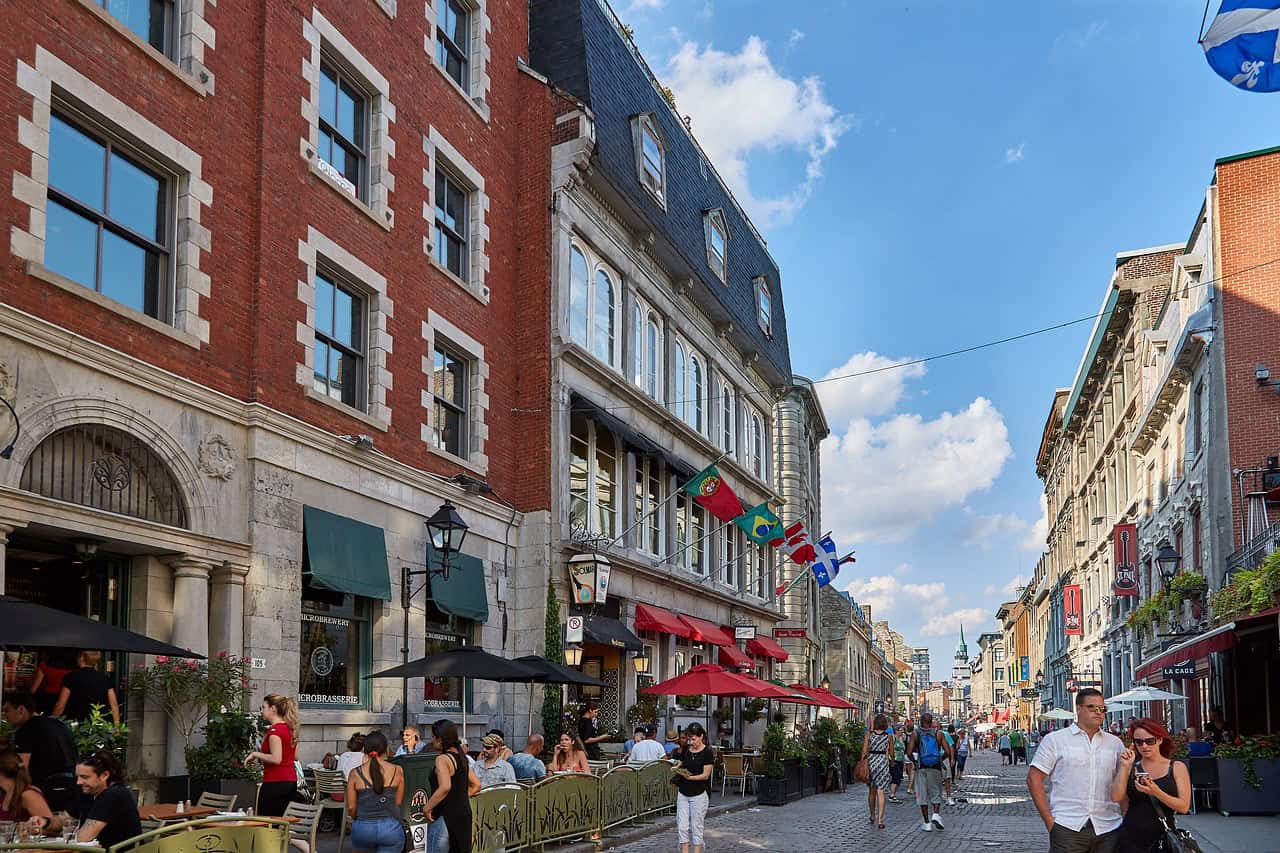Bill 74, passed on December 5, is the tool used by the province to implement the federal government’s study permit caps – though it goes beyond allocating a cap per institution, allowing ministers to allocate a cap per school, program, field and level of studies.
“Hopefully, they will only target the ‘bad actors’ that made the news recently that have seen 1000%+ increase in international in the last few years … but the Bill grants them the right to do much more,” Canadian immigration consultant Patrick Bissonnette told The PIE News.
Private universities and public colleges across the province have criticised the Bill for threatening academic and institutional autonomy.
“The minister is granting himself the power to cap international student enrolment based on very granular criteria like region, level of study, institution and even program. Universities are very concerned about their autonomy,” said Daniel Jutras, rector of Université de Montréal.
Though the final version of the Bill has not yet been published, the government has been criticised for a lack of consultation with the sector. Stakeholders are bracing to see how Québec’s 2025 study permit cap from the federal government will be allocated and how heavily the provincial government will lean on this new Bill.
“It goes without saying that this will result in a drop in enrolments, which will bring along lay offs in educational institutions and will weaken our competitive edge in the global education market,” Veronica Cartagenova, vice president of global business development at Canada College, told The PIE.
“It is true that by redistributing international students to less urbanised areas, the Bill could foster regional economic development,” said Cartagenova, though she was concerned that bigger cities like Montreal, which relies heavily on international students, would feel the economic, demographic and cultural losses acutely.
She added that while it was no surprise that the Bill protected the French language and culture in line with Québec’s Francophone identity, it had given rise to debates about the province’s “openness to multiculturalism and linguistic inclusivity”.
Universities are very concerned about their autonomy
Daniel Jutras, Université de Montréal
Some commentators are expecting the restrictions to align with job market needs, fearing that humanities and social sciences will be neglected.
In October, the government announced changes to the post-graduate work permit eligibility criteria, aligning education more closely with Canada’s labour market demands.
According to Cartagenova, Canada College would no longer have free management over its admissions and enrolment strategies, expecting that some programs would close as a result of changes imposed by the Bill.
Following the Bill’s passage, the MEI (formerly known as the Montréal Economic Institute) warned that a significant decline in international student numbers could jeopardise the province’s long-term economic potential.
“Québec universities are world-class research hubs, and limiting their ability to attract talent from abroad risks undermining efforts to recruit the best and brightest,” said Renaud Brossard, vice president of communications at MEI.
“We mustn’t forget that such research and development translate to patents, a better understanding of the world around us and solutions to the critical challenges facing Québec. Not to mention the invaluable benefits of expanding the talent pool from which businesses can recruit.”
According to Statistics Canada, as of September 30, there were nearly 124,000 study permit holders in Québec, 80% of whom are enrolled at post-secondary institutions.
I feel international students are being scapegoated for broader immigration challenges
Veronica Cartagenova, Canada College
Several private colleges were primarily blamed by politicians for fuelling the unsustainable growth of international students in Québec from 50,000 in 2014 to 120,000 last year.
However, federal and provincial data shows sharp increases in international enrolments at public and government-subsidised private colleges and francophone universities, with some institutions seeing a 90% growth rate last year.
While Canada’s international education community has largely acknowledged the need for greater regulation of international enrolments, there are concerns that Bill 74 is too far reaching.
“I feel international students are being scapegoated for broader immigration challenges. Headlines about the government arguing that these measures are necessary to prevent abuse of immigration pathways have sparked controversy and criticism.
“Furthermore, lots of articles target private colleges in general, casting a shadow over their contribution to Québec’s economy, labor force, and society,” said Cartagenova.
The most recent restriction is another blow to the province’s international education community after the Québec government increased the threshold for French study requirements for graduates applying to two major permanent residency pathways last month.




